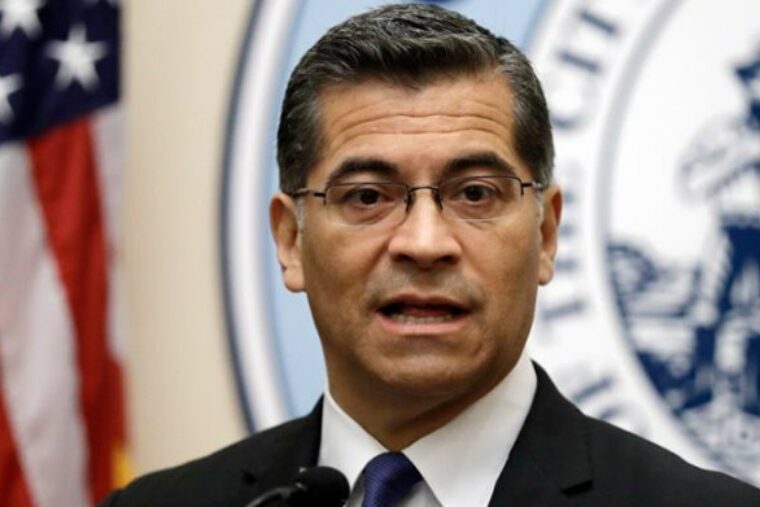If the current California case, Duncan v. Becerra, eventually reaches the justices, it could lead to a narrow ruling limited to the constitutionality of California’s 2016 ban on possession of property that was legally acquired years before. However, if the justices agree to hear the case, it could ultimately strengthen Second Amendment rights more generally, appropriately narrowing the scope of state power to limit a fundamental right.
Ever since the U.S. Supreme Court ruled in McDonald v. Chicago (2010) that the Second Amendment restricts the actions of the states as well as the federal government, the constitutionality of state laws related to firearms has been less than certain.
It was only two years earlier that the Supreme Court had declared, with its ruling in District of Columbia v. Heller, that the right to keep and bear arms is an individual right that does not depend on participation in a state militia. The McDonald case established that this is a “fundamental” right that applies to the states through the Fourteenth Amendment, which bars the states from denying liberty to any person without due process of law.
Beyond that, the details are still to be worked out.



